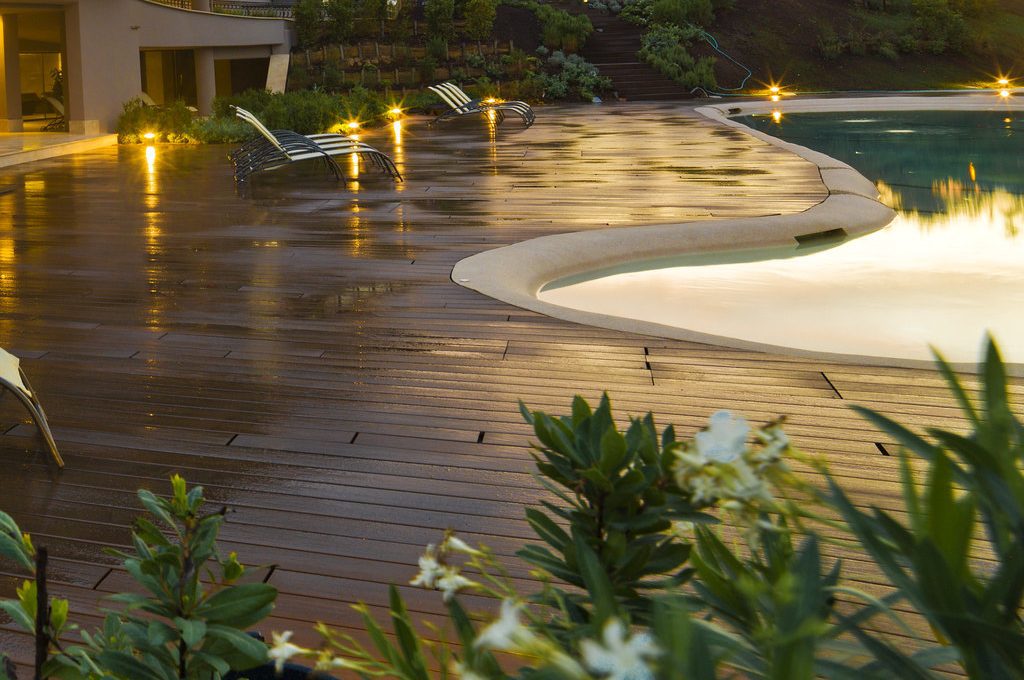Skift Take
Lifestyle hotels have become a popular place to unwind for many travelers, and hotel executives are determined to keep the coolness factors that made them an attraction. But growing pains remain, even when the pandemic goes away.
Lifestyle hotels are entering a period of tremendous growth, but they have to proceed carefully in regards to what made them popular. That was the message conveyed by three lifestyle hotel executives at the Skift Hospitality & Marketing Summit on Wednesday.
“We don’t know the ceiling and how fast we can grow,” said Jane Mackie, the senior vice president at InterContinental Hotel Group, noting the company runs 450 of these properties with roughly 200 more in the development pipeline. “But we will only grow in the right locations.”
Actually, there may not be a need to slow down, according to Martina Luger, the chief marketing officer of Ennismore, and Amber Asher, the president of Standard International. The two don’t believe their brands have to be small to remain “cool and hip.”
While there may not be a consensus around what lifestyle hotels are, there is a sense that they will become more versatile in the post-pandemic era. Luger foresees more lifestyle hotels being utilized for co-working, a point that Mackie seconds.
Lifestyle hotels have a strong growth trajectory, but being successful means looking beyond typical amenities like good design and nice restaurants. A poll displayed during the summit revealed that when asked “What’s the Most Defining Characteristic of Lifestyles,” 68.18 present responded “Experiences and events.”
That answer was not surprising to Asher.
“We’ve been in boutiques for a long time, and it’s all about the experience and what we’re offering to our guests,” she said. “The food and beverage is an experience. How you interact with the design is an experience. How you interact with the minibar is an experience.”
Lifestyle hotels might be in a better position to sell the experience to potential guests if they find avenues for growth. Co-working could be one avenue where lifestyle hotels can market themselves post-pandemic.
“Co-working is definitely a new area where we’re growing rapidly,” Luger said. “We’ll see more people using space as they’re working part-time from home and part-time in the office.”
She added that companies could need to buy space in the future.
Wellness is another area where lifestyle hotels can expand. Mackie said her company has been able to bring a wellness ethos to some of their brands not even in the traditional lifestyle sector, but they have to enhance that experience with the customer journey.
“It’s not just about the gym and spa,” she said. “It’s about movement, diet and exercise, and sleep. A lot of those lifestyle choices people make use that experience and our learnings from lifestyle brands to improve the overall experience.”
But lifestyle hotels face an important dilemma. How can they expand without losing the “cool and hip factor” that made them attractive?
“It’s a good question,” Asher said as Standard International has rapidly expanded.
“It’s not easy. For us, it’s really the team,” she added. “We do have our brand standards. We don’t have a prescribed view for each each hotel, especially from a design point. We’ll probably have 20 to 25 Standards in the next five years. It’s really about getting the right people who are tapped into the things we care about, are like-minded and immersed in the area and culture in the location that they’re in.”
Sounds like a plan.
The Daily Newsletter
Our daily coverage of the global travel industry. Written by editors and analysts from across Skift’s brands.
Have a confidential tip for Skift? Get in touch
Tags: coronavirus recovery, lifestyle hotels, skift forum, skift live
Photo credit: Relaxation and wellness are features that lifestyle hotels are selling. LDC Hotels & Resorts / Flickr

